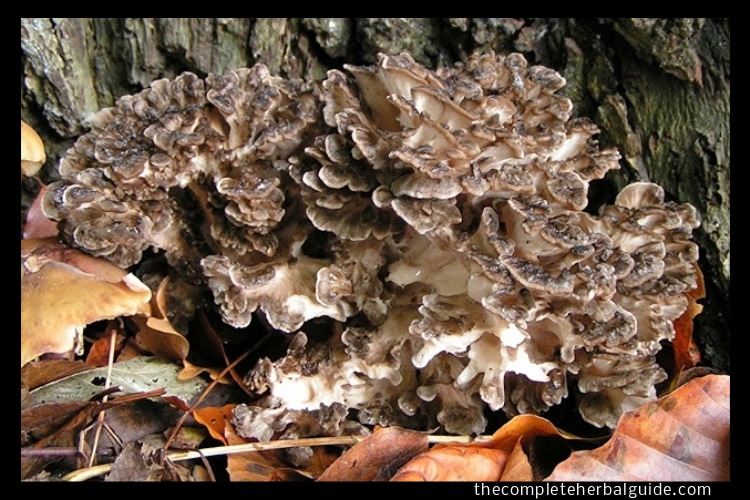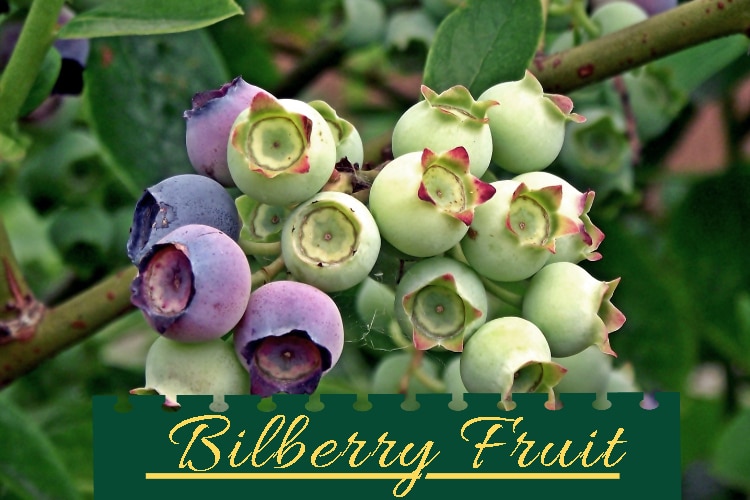
Medicinal Uses, Benefits and History of Pomegranate
Pomegranate has been used since time immemorial for ridding the intestines of tapeworm infestation and other intestinal parasites. It is also an astringent that has been used to ease chronic diarrhea and dysentery, and recent studies show promise in the area of antioxidant protection for a healthy heart and serious prostate disease.
Table of Contents
Plant Description
The Pomegranate is one of a species of fruit-bearing, deciduous shrubs or trees, and it is believed to have originated in the area from eastern Iran to India; however, its true native range has not accurately been determined because of its extensive cultivation throughout the warm areas of the world. The tree bears slender, oblong, glossy leaves with bright red flowers and fruits (containing edible pulp and seed grains) that range in size from an orange to a grapefruit, and it grows as an ornamental, thriving in well-drained soil in full sun, reaching a possible height of thirty feet. Pomegranates may grow wild and are drought-tolerant, but they fruit most successfully when cultivated in long, hot, summer climates; in wet areas, they are prone to root decay from fungal diseases.
History
It is said that the Iranian cities of Kashan, Saveh, and Yazd cultivate and produce the finest Pomegranates in the world. Pomegranate’s medicinal history may be traced back to antiquity. In the Old Testament, it is noted that Pomegranate figures were woven onto the borders of Hebrew priestly robes, and Kings Chapter 7:13-22 describes Pomegranates depicted in King Solomon’s temple in Jerusalem. The Jewish tradition teaches that the pomegranate is a symbol for righteousness, and many Jews eat pomegranates on Rosh Hashanah and Sukkot. Pomegranate was mentioned as a cure for tapeworms in the famed Ebers Papyri (circa 1500 B.C.) that was found in Egypt and was also used for that purpose in ancient Greece (the same use echoed in today’s herbal medicine).
Pomegranate was regarded as a medicinal herb in Traditional Chinese Medicine around 470 A.D., and was considered a symbol of fertility in times past and was eaten by childless women. It is said that Europeans largely overlooked the medicinal applications of Pomegranate until 1804 when a practitioner in India cured an Englishman of tapeworm infestation. The fruits are eaten fresh, and the seed grains are used to garnish desserts.
Pomegranate juice is famous as the cordial called grenadine, an important ingredient in cocktails, as well as an important flavoring for drinks, fruit salads, sorbets, ice creams, and natural health fruit juices (in England, Pomegranate juice is endorsed by the cholesterol charity, HEART UK). Preliminary studies have suggested that Pomegranate juice may contain almost three times the total antioxidant ability compared to the same quantity of green tea or red wine. The bark, root, fruit, and fruit rind are used in herbal medicine. Some of the constituents in Pomegranate include fruit acids, sugar, polyphenols, tannins, anthocyanins, alkaloids (
The fruits are eaten fresh, and the seed grains are used to garnish desserts. Pomegranate juice is famous as the cordial called grenadine, an important ingredient in cocktails, as well as an important flavoring for drinks, fruit salads, sorbets, ice creams, and natural health fruit juices (in England, Pomegranate juice is endorsed by the cholesterol charity, HEART UK). Preliminary studies have suggested that Pomegranate juice may contain almost three times the total antioxidant ability compared to the same quantity of green tea or red wine. The bark, root, fruit, and fruit rind are used in herbal medicine. Some of the constituents in Pomegranate include fruit acids, sugar, polyphenols, tannins, anthocyanins, alkaloids (pelletierine, etc.), gum, protein, iron, calcium, phosphorus, and potassium. One Pomegranate is believed to deliver forty percent of an adult’s vitamin C requirement, the antioxidant vitamins A and E, and it is also said to be a rich source of folic acid and niacin.
Medical Uses
Pomegranate is considered to be an anthelmintic or substance that destroys and expels intestinal worms. Of all types of intestinal worm infestations, Pomegranate is said to be most useful in cases of tapeworm, an incredibly long parasite, which attaches itself to the intestinal walls of its host by means of spun or sucking structures. Pomegranate is believed to contain an unusual alkaloid content, called pelletierine, which was discovered in 1878, and apparently effective when expelling worms and parasites from the intestinal tract.
Pomegranate is a bittersweet, warming, astringent herb, and its fruit peel contains about thirty percent tannin, which is an active astringent substance. As such, it has been used to relieve the looseness of bowels, control chronic diarrhea, and alleviate amoebic dysentery. With regard to heart health, the polyphenols in Pomegranate are currently being studied for their abilities as antioxidants that may be responsible for free radical scavenging. In several human clinical trials, Pomegranate has been found effective in reducing several heart risk factors, including LDL (low-density lipoproteins or “bad cholesterol”) oxidation, macrophage oxidative status and foam cell formation, all of which are steps in arteriosclerosis and heart disease.
Israeli scientists claim that Pomegranate may prevent the thickening of arteries. Researchers at the University Of Wisconsin School Of Medicine claim that Pomegranate shows major promise in the fight against prostate cancer. In vitro studies using human cancer cells, the higher the dose of Pomegranate extract the cells received, the more cells died.
In laboratory tests using mice, the results were dramatic: Those receiving the higher concentration of Pomegranate extract showed a significant slowing of their cancer progression and a decrease in the levels of prostate-specific antigen (PSA), a marker used to indicate the presence of prostate cancer in humans. “Our study – while early – adds to growing evidence that pomegranates contain very powerful agents against cancer, particularly prostate cancer,” says lead author, Dr. Hasan Mukhtar, professor of dermatology at the UW Medical School.
Treatment
According to Dr. Qi Dai, assistant professor of medicine at Vanderbilt University School of Medicine, a ten-year study found that the particularly strong antioxidant effects of the polyphenols, which may be found in Pomegranate, act to reduce the incidence of Alzheimer’s disease.
Pomegranate is believed to possess antiviral and antiseptic properties, which have been helpful when applied to cuts. When used externally, it is said to be beneficial in cases of skin problems, vaginal discharge, and as a vaginal douche for leucorrhoea.
Pomegranate’s antibacterial activities also render it beneficial for oral health, helping to relieve mouth sores, throat infections (as a gargle), mouth irritation, and several studies have indicated that treatment with Pomegranate extracts significantly improved clinical signs of chronic periodontitis. Furthermore, its astringent action results in strengthened gums.
Precautions
Pomegranate should not be used by pregnant and nursing women, and overuse (many times the recommended dosage) may cause cramps, vomiting, and diarrhea.






